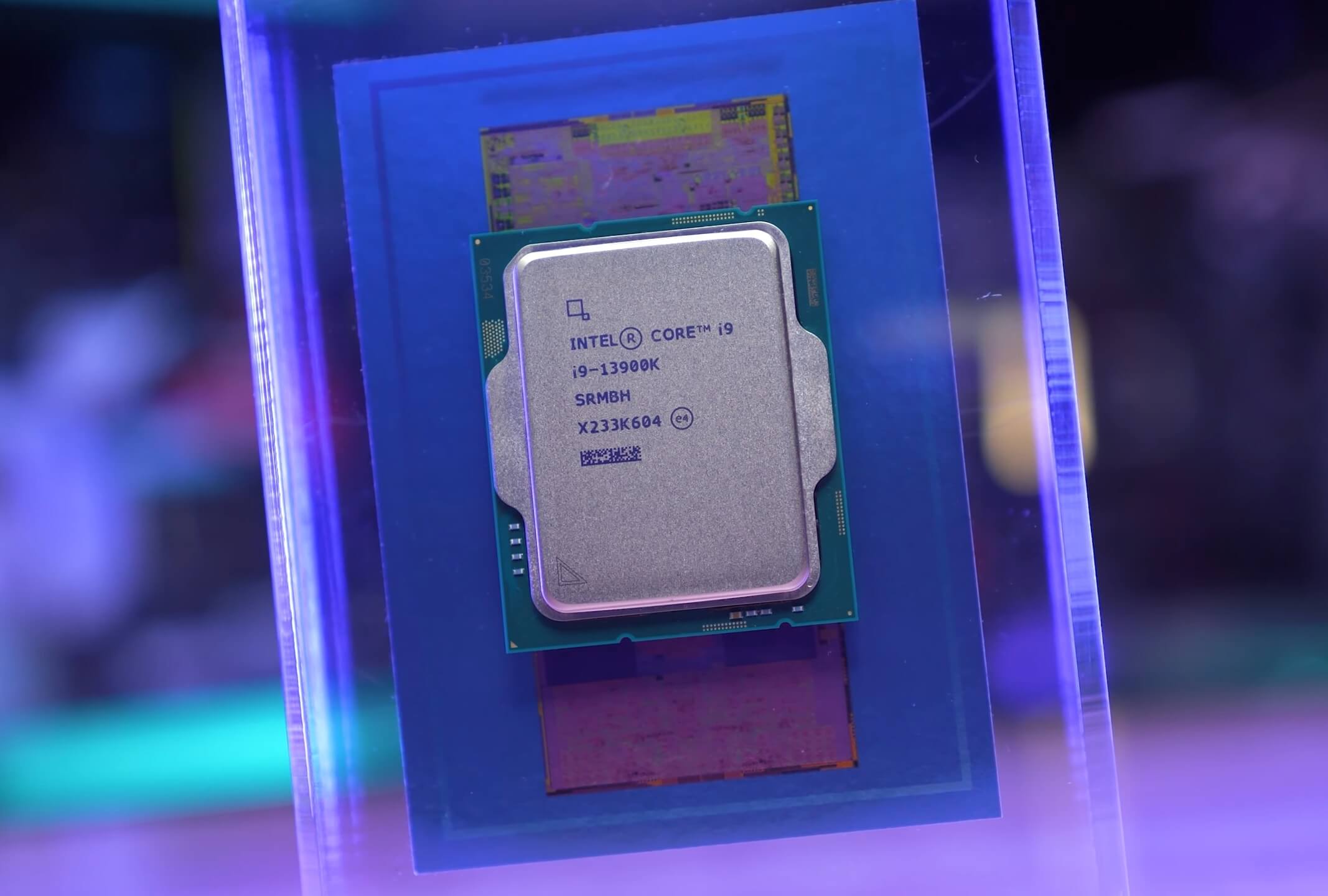What? Lots of cores run at the ragged edge of performance being difficult to cool is not the same as the die area.
Both Intel and AMD are running their silicon at almost full speed with lots of cores, AMD just takes a slightly different approach with the infinity fabric.
This allows them to reduce cost and complexity. Intel mocked them for it in the past claiming that the CPUs were “glued” but even Intel is having to start to look at chiplet design.
Intels more established fabrication method just allows for bigger single and more dense design but it can make it more difficult to cool.
Additional: Also to counter your argument, here’s a comment in a review
Hot of the heels of AMD's Zen 4 series launch, here comes Intel with their highly anticipated 13th-gen Core series, codenamed Raptor Lake. Today we're reviewing the...

www.techspot.com
Edit: added review notes




